Publications
Articles, publications, books, tools and multimedia features from the U.S. Institute of Peace provide the latest news, analysis, research findings, practitioner guides and reports, all related to the conflict zones and issues that are at the center of the Institute’s work to prevent and reduce violent conflict.
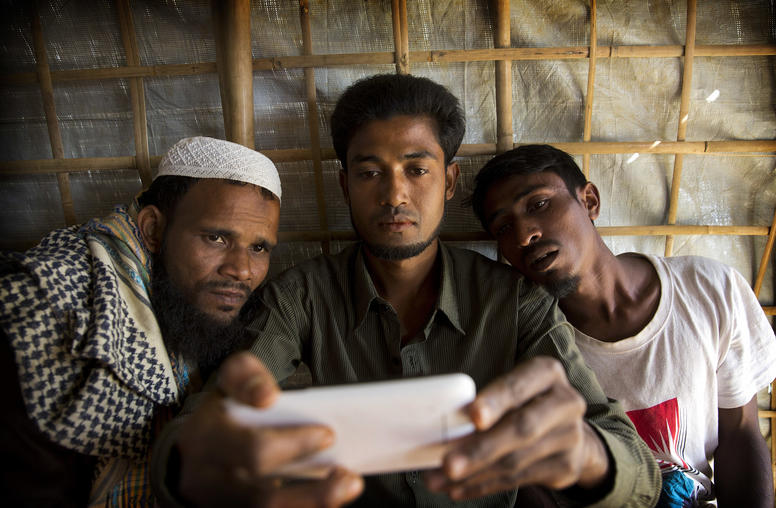
Nonviolent Action in the Era of Digital Authoritarianism: Hardships and Innovations
In the late 2000s and early 2010s, nonviolent action movements employed social media and other digital tools to orchestrate pro-democracy uprisings that took regimes by surprise. Those euphoric early days have since given way to digital repression, restricted online freedoms, and democratic backsliding as authoritarian regimes leverage new technologies to surveil the opposition and sow misinformation. This report documents how nonviolent activists are adapting to digital repression and suggests ways the United States and its allies can slow the pace of autocratic innovation in the use of these technologies.
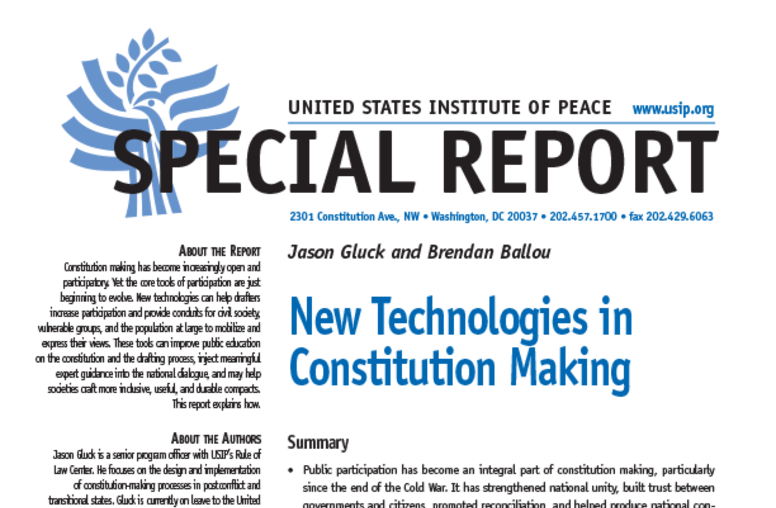
New Technologies for Constitution Making
This report explores the role of new technologies in increasing participation of constitution making. Gluck and Ballou look at how using technology during the constitution-making process can strengthen the trust between citizen and government, build national unity, and promote reconciliation. New technologies—such as the web, including email, Facebook, and Twitter, and mobile phones—are opportunities to engage and educate citizens and build public awareness. Citing examples in Iceland, Ghana,...
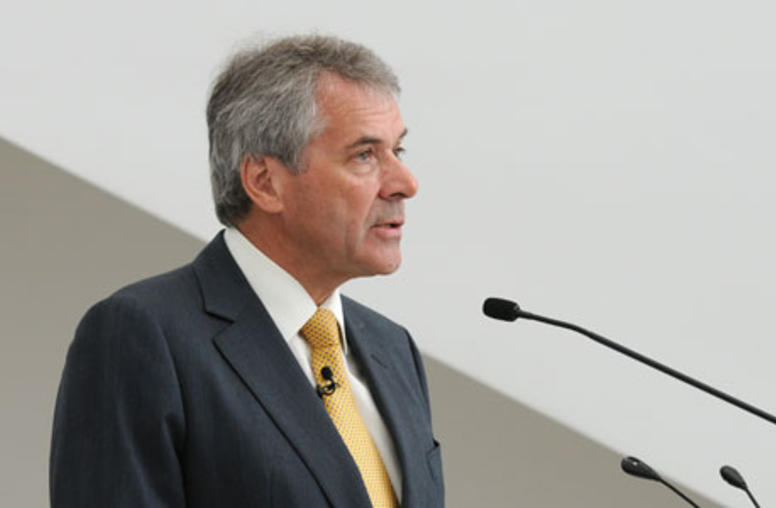
Britain, China & The Wider West
Sir Peter Westmacott, British Ambassador to the United States, gave the keynote address at the April 25, 2014 daylong conference entitled, “China’s Roles in the World.” The conference was co-hosted by the U.S. Institute of Peace and the Georgetown University Center for Strategic Studies.
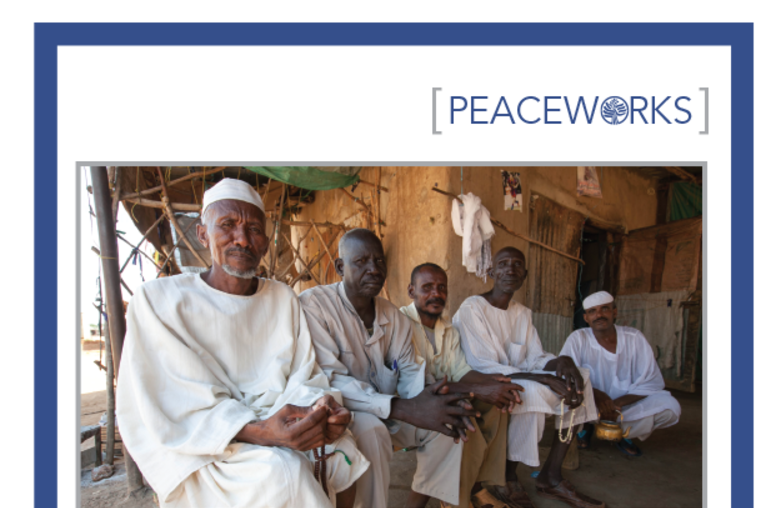
Local Peace Processes in Sudan and South Sudan
Sudan and South Sudan have seen numerous local peacebuilding efforts in recent years, yet violence continues largely unabated. Using the Western Corridor as a case study, this report outlines the importance of understanding and improving local peace processes through an architecture that begins with conflict analysis, entails a common vision, and focuses on achieving specific objectives. Also essential to the success of the process is including the right people—those with authority, with know...
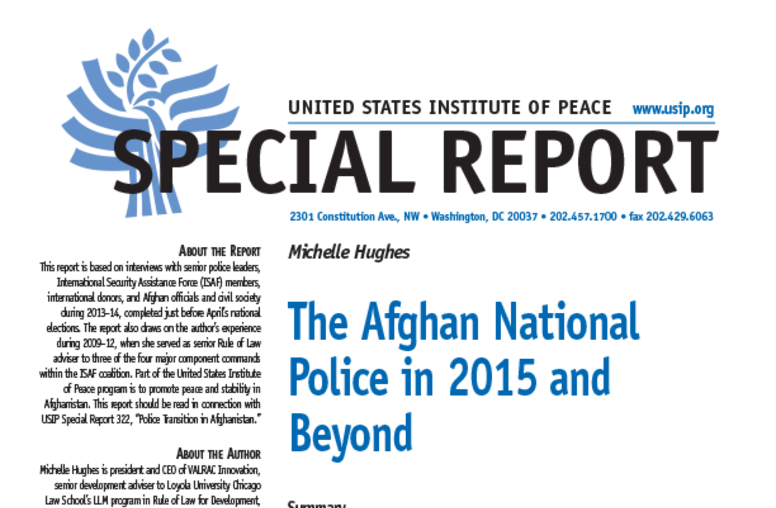
The Afghan National Police in 2015 and Beyond
As Afghanistan shifts from a war footing and coalition forces draw down, the Afghan National Police faces a daunting task. Not only must it shift from military-oriented security operations to true community policing, but it must also fill some considerable gaps in its capacity to manage itself as a civilian-led arm of a democratically elected government. Development is crucial, but for it to have any legitimacy, the impetus must come from the Afghans themselves. At this critical juncture, don...
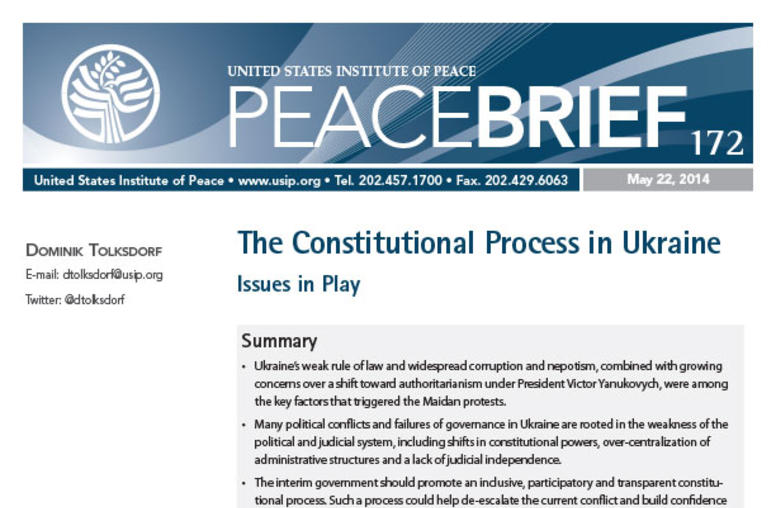
The Constitutional Process in Ukraine
The Ukrainian government should promote an inclusive, participatory and transparent constitutional process. Such a process could help de-escalate the current conflict and build confidence in the central government and its willingness to integrate all constituencies into Ukraine’s political system.
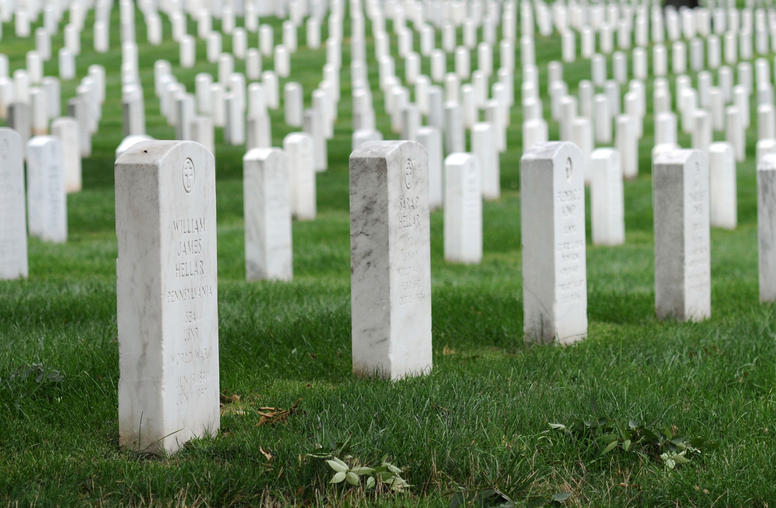
USIP Honors Those Who Have Made the Ultimate Sacrifice in our Nation’s Service
The U.S. Institute of Peace solemnly joins the nation in honoring those who have died in service to our country. Memorial Day is an important opportunity to recognize those who gave their lives so that we and others around the world may enjoy the fruits of freedom.
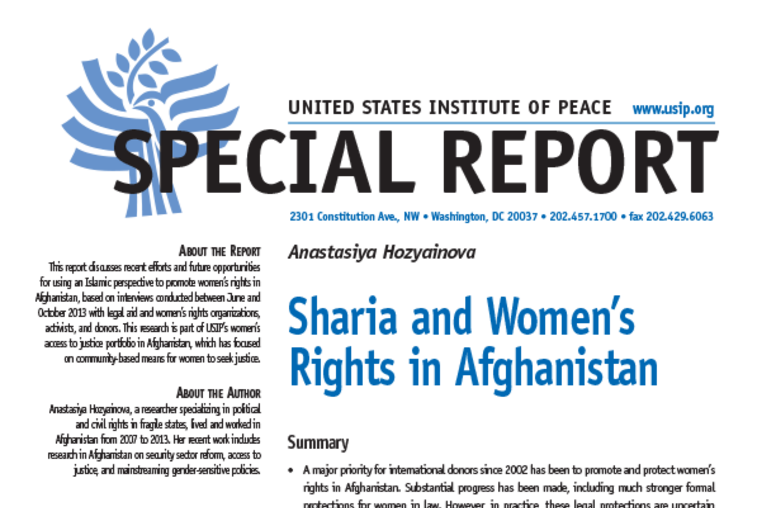
Sharia and Women’s Rights in Afghanistan
Women’s rights in Afghanistan have been supported and championed by Afghan and international advocates and organizations since 2002. Substantial progress has been made, but the women’s rights movement faces an uncertain future in the wake of the 2014 international troop withdrawals.
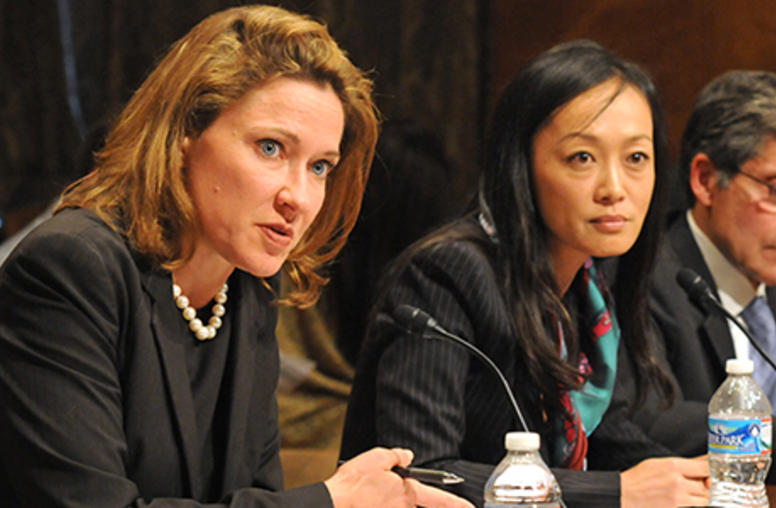
Testimony before the U.S.-China Economic and Security Review Commission
Stephanie Kleine-Ahlbrandt, director of USIP's Asia-Pacific Programs, testifies before the U.S.-China Economic and Security Review Commission hearing on China’s Relations with North Korea.
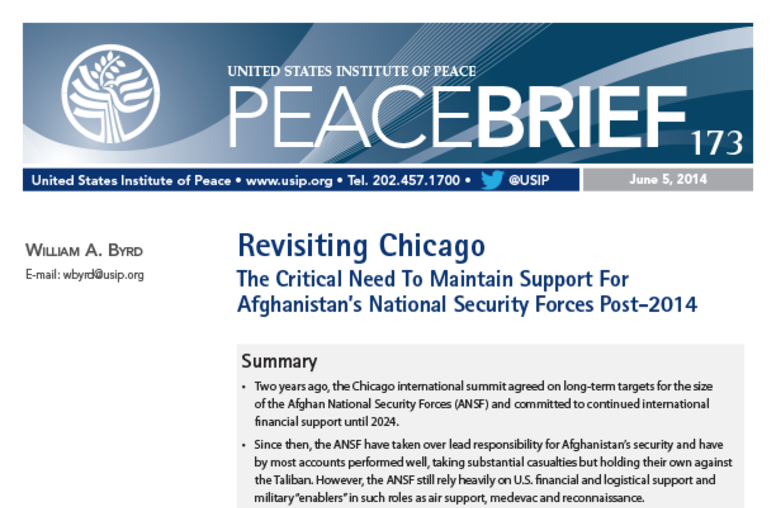
Revisiting Chicago
The May 27 White House announcement on troop withdrawals from Afghanistan raises serious questions about the staying power of international security funding to support the size of the future Afghan National Security Forces (ANSF), as agreed two years ago in Chicago. Concerns also exist about Afghanistan fulfilling its own commitment to fund its security forces. With the ANSF largely a U.S. creation, it would be irresponsible now to turn around and undermine it.